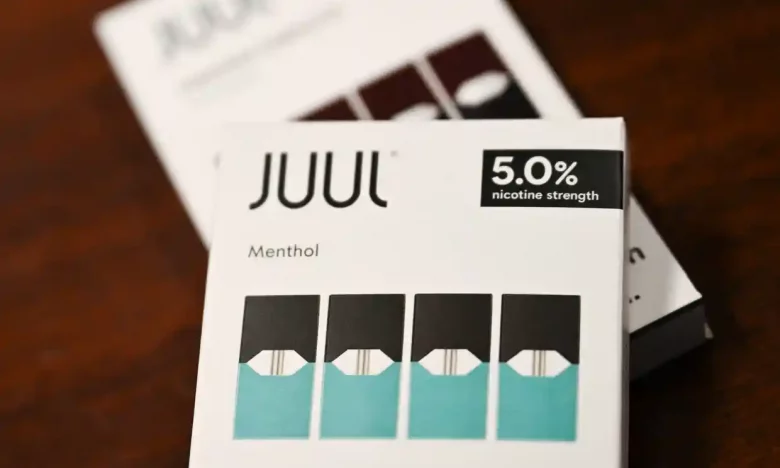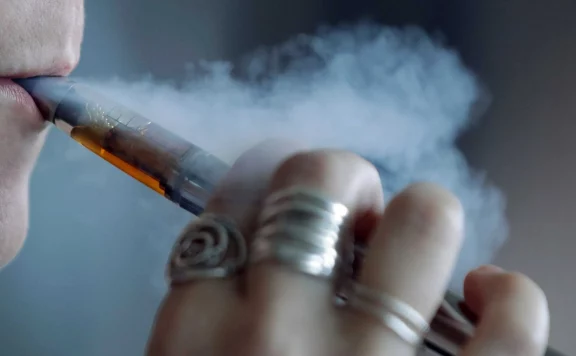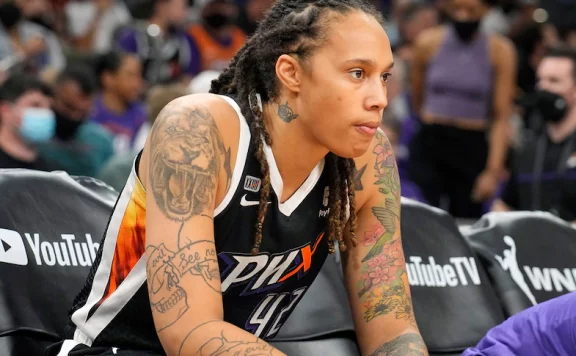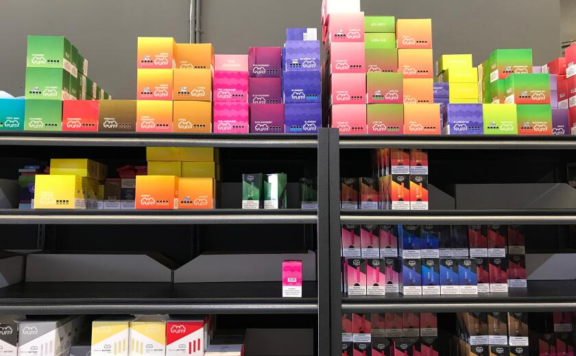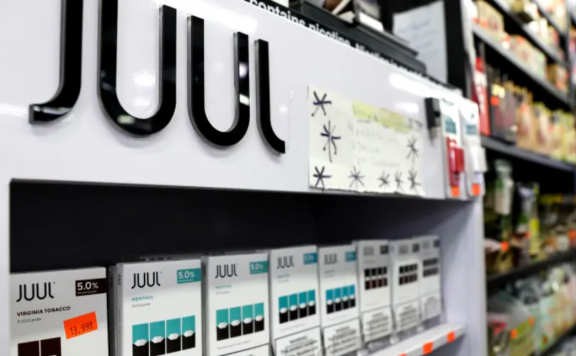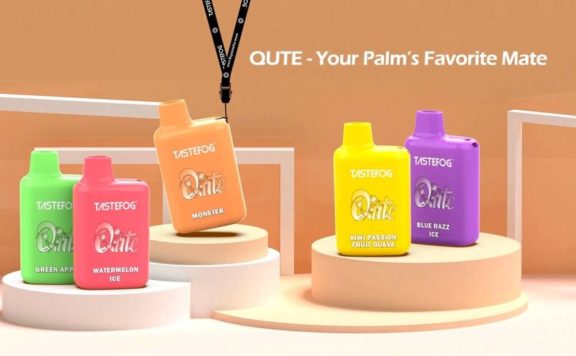New marketing limits are also placed on the e-cigarette manufacturer, whose products are allegedly to blame for the rise in teen vaping.
Juul Labs, the manufacturer of electronic cigarettes, will pay roughly $440 million to resolve a two-year probe by 33 states into the promotion of its high-nicotine vaping devices, which have long been held responsible for a significant increase in teen vaping throughout the country.
In 2020, the states and Puerto Rico banded together to look into Juul’s early advertisements and claims regarding the advantages and safety of its technology as a smoking replacement. The deal was announced on Tuesday by William Tong, the attorney general of Connecticut, on behalf of the states and Puerto Rico.
The agreement, which places several limitations on how Juul can sell its products, settles one of the most pressing legal issues that the struggling business was facing. There are still nine different lawsuits pending against the company from other states. Juul is also facing hundreds of individual lawsuits launched on behalf of young people and others who claim they developed vaping addictions after using the company’s devices.
According to a statement, the investigation by the states revealed that Juul used young models in its social media posts, product giveaways, and launch parties to advertise its e-cigarettes to underage teenagers.
Tong stated at a news conference at his Hartford office, “We anticipate that this will go a long way in halting the tide of teenage vaping.”
“I don’t have any illusions, and I can’t say that it will put an end to child vaping,” he added. “It still constitutes to be an epidemic. It still poses a serious issue. However, we have effectively eliminated a significant portion of what was a market leader in the past and a serious offender based on their actions.”
The $438.5 million will be distributed over a six- to ten-year period. Tong stated that Connecticut would contribute at least $16 million to measures to prevent and educate people about vaping. Prior legal disputes involving Juul were resolved in Washington, North Carolina, Louisiana, and Arizona.
The settlement sum equals nearly 25% of Juul’s $1.9 billion in US sales from the previous year. Tong stated that it was an “agreement in principle,” which means that during the ensuing weeks, the states will be completing the settlement agreements.
The majority of the restrictions laid forth in the settlement announced on Tuesday won’t have an impact on Juul’s business activities, as the company stopped using giveaways, parties, and other advertisements after facing criticism some years ago. After accounting for 75% of the US retail vaping market some years ago, the firm now accounts for around one-third of it.
After Juul was introduced in 2015, the usage of e-cigarettes by teens skyrocketed, prompting the US Food and Drug Administration to pronounce an “epidemic” of illegal vaping among adolescents. According to health experts, the unheard-of growth runs the risk of introducing teenagers to nicotine.
But starting in 2019, Juul has largely been withdrawing, ceasing all US advertising, and removing its candy and fruit from the market.
The FDA’s decision to remove all Juul e-cigarettes from the market this summer dealt it the largest blow. The FDA has recently reopened its scientific evaluation of the company’s technology after Juul successfully appealed that decision in court.
Following years of regulatory delays, officials are making a broad effort to scrutinize the multibillion-dollar vaping sector. The FDA review is one component of this endeavor. For adult smokers looking for a less dangerous option, the EPA has approved a few e-cigarette brands.
Juul used to appeal to youthful, urban consumers, but it has now started positioning its product as a substitute for tobacco for senior smokers.
The business stated in a statement, “We remain focused on our future as we fulfill our commitment to transition adult smokers away from cigarettes, the leading cause of preventable death while combatting underage usage.
As part of the settlement, Juul has agreed to stop using a variety of marketing techniques. They include refraining from employing cartoons, paying influencers on social media, portraying persons under 35, running ads on billboards and in public transit, and avoiding displaying advertisements anywhere unless at least 85% of the audience of the newspaper is made up of adults.
The agreement also specifies limitations on both online and offline sales as well as placement restrictions for Juul products in retail locations.
Juul initially offered flavors including mango, mint, and crème for its high-nicotine pods. In US high schools, the goods became a blight as kids vaped in the restrooms and halls in between lessons.
However, recent federal survey data indicates that youthful interest in the company is waning. Nowadays, the majority of teenagers favor disposable e-cigarettes, some of which are still offered in sweet, fruity flavors.
As many children were compelled to learn at home during the epidemic, the study generally revealed a decline in the rate of teen vaping by about 40%. Despite this, federal officials advised against interpreting the data because they were initially gathered online rather than in classrooms.

